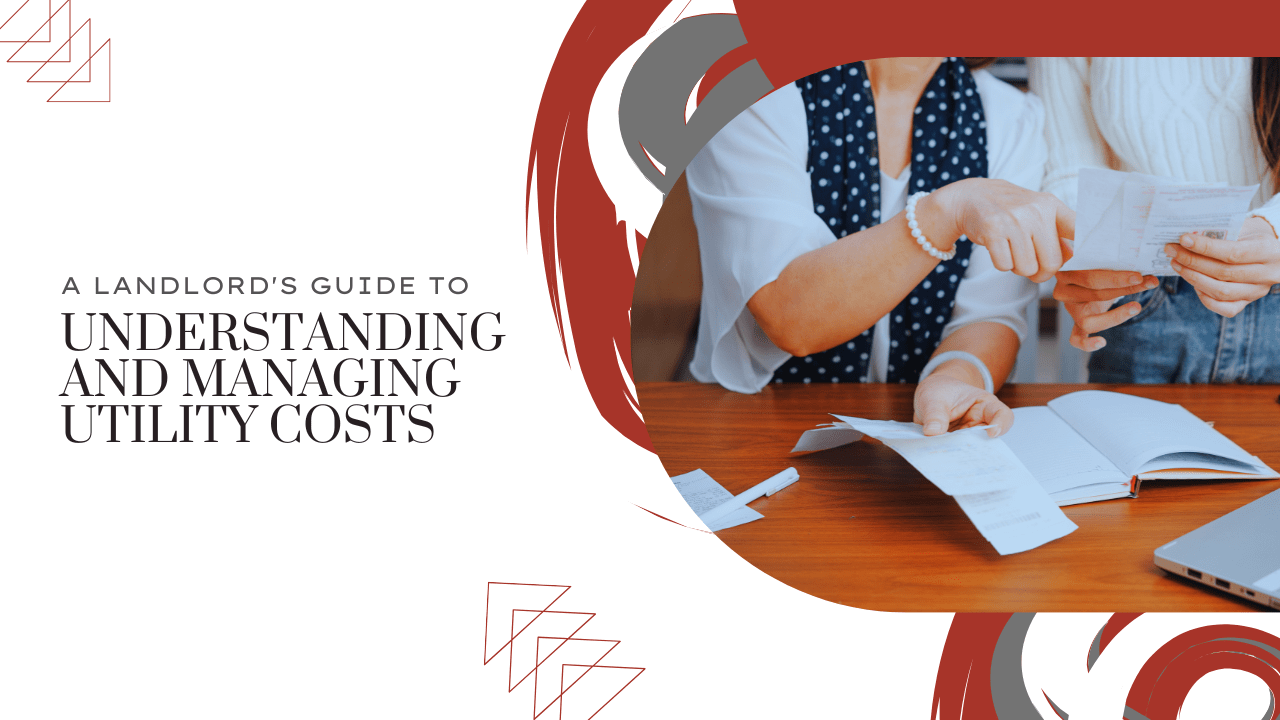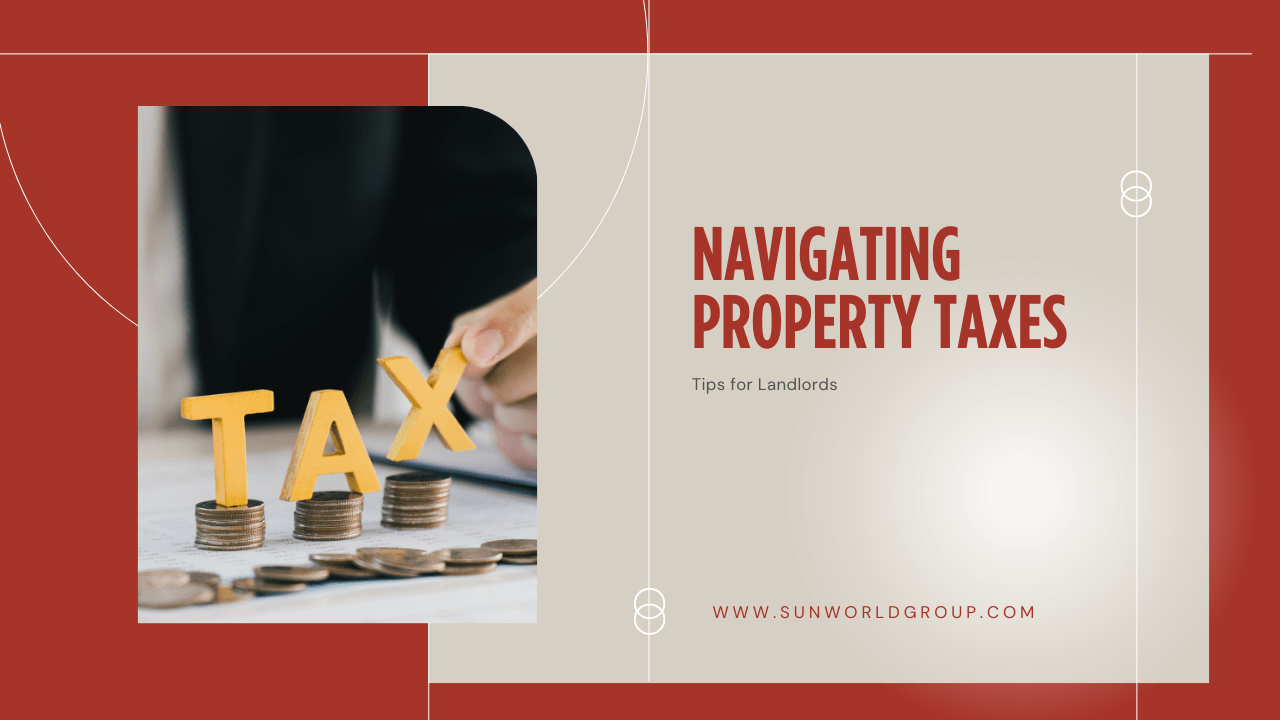Every rental property owner will have to decide who is responsible for utilities in their Southwest Washington rental property. Sometimes, it’s the owner, and sometimes it’s the tenant, and often, it will depend on what type of
home you are renting out
and what your lease agreement says.
With single-family homes, it’s generally acceptable to expect your tenants to set up their own accounts and pay the monthly utility bills. Multi-Family homes are a bit different. With several residences inside a single building, managing the utilities can become more complicated.
You’ll need to understand what the utility costs are likely to be at your rental property and you’ll also have to decide how to manage them. By establishing your policy on utilities before you begin
marketing your home for rent, you’ll be prepared to answer questions and avoid confusion. Your prospective tenants will want to know if utilities are included in the rent or if they’re separate. They’ll also need to know whether establishing or transferring an account will be their responsibility.
As a Southwest Washington rental property owner, you have some options when it comes to managing utilities.
How to Approach Single-Family Southwest Washington Rental Home Utilities
If your real estate portfolio of rental properties is mostly single-family homes, this may be an easy enough question for you to answer. In a single-family home, there are likely to be the following utilities:
- Electricity
- Natural gas
- Trash collection
- Water and sewer
Most tenants rent a single-family home because they want the space and the privacy that comes with homeownership without the responsibilities of actually
owning a home. Your single-family tenants will likely expect to set up their own utilities and pay the monthly bills. Include that responsibility in your lease agreement, and reinforce the expectation when you’re
showing the property, when you’re collecting the application, and when your tenant has been approved and is preparing to move in.
Managing Multi-Family Properties and Utilities
Washington law allows landlords and property managers to install sub-metering systems at their properties so that they can bill residents for individualized utility usage. This is permitted for residential water, wastewater, electric usage, and gas.
In a building where you’re renting out several units, there will be the personal utility usage of each home and also communal usage. For example, in a 10-unit building, each unit will have its own water bills and electric bills. But, there may be hallway lighting or sprinklers and irrigation outside that serve the entire building. Trash collection in a condo community may include personal bins outside every door or there could be a dumpster that every resident uses to empty trash.
As a rental property owner, you are not necessarily responsible for paying utilities throughout the building. You’ll need a plan to split those costs among your residents, and there are a few different ways to do that.
- Separating utilities by usage or by resident will depend on whether you're dealing with an apartment complex or something smaller, like a duplex. Install sub-meters for each apartment, which will ensure that all your tenants pay for what they use.
- You can also divide the utility bill among all your tenants to keep things simple and equal. However, you may have tenants who find that practice to be unfair. Some of your tenants are always going to use more water or heat than other tenants.
- Including utilities in the rent as a flat fee is another option for landlords, but you could end up losing money if you don’t charge enough for heat, water, electricity, and other services.
It might be easier to handle each utility separately. Even in a multi-family property, you can have each tenant to set up their own electric, gas, and water/trash accounts. Or, you can have them take care of the electric and gas while you cover the water and sewer bill as well as the waste collection and include an extra fee for that in rent.
Not Utilities: Cable and Internet Services
Cable services and internet services are not utilities. They are services that most tenants like to have in their homes, but you are not responsible for providing them. Some apartment buildings will include them as a way to incentivize people to live there. You can consider this if you’re having trouble attracting tenants, otherwise leave the option for cable and internet to your tenants. They are not necessities and they do not affect habitability the way water and heat do.
Include Utility Information in Your Southwest Washington Lease Agreement
Be specific in your lease. If trash is paid for by the landlord, state that so your tenants know what kind of services and benefits are included in the rental amount.
Every
rental property in Southwest Washington is a bit different. If you’re renting out a home in an HOA community or a condo community, there are likely to be separate rules and regulations that govern utilities, especially water and sewer and trash. The water bills may be covered by your HOA fees. Some condo units do not have separate water meters. You’ll need to plan for these unique systems and set-ups in the home you are renting out.
We know there can be some confusion around utilities and how to handle them. And, we’re here to help. If you’d like to talk more about how to manage utility costs and payments in your
investment property, we’d be happy to discuss it. Please contact us at SunWorld Group. We
manage investment properties in Vancouver as well as Longview, Kelso, and the surrounding areas.









